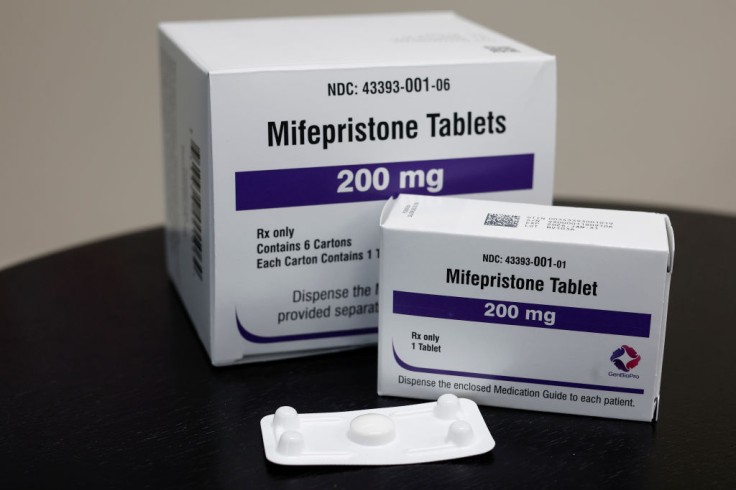
A recent study published by JAMA Internal Medicine found that abortion pill demand skyrockets in women even before pregnancy as a result of Roe v. Wade repercussions.
It turns out that women are scouring the internet to find online medical care and pay an exacerbated amount in shipping just to have an abortion pill on hand.
The method, which is known as advance provision, is relatively new and has seen a considerable growth in popularity ever since the Supreme Court made the decision in 2022 to abolish the national right to abortion.
Roe v. Wade Repercussion: Abortion Pill Demand Skyrockets
Researchers looked at data from Aid Access, a nonprofit telehealth group based in the Netherlands that has long provided abortion medication to women in their first 13 weeks of pregnancy.
Aid Access began giving the drug to non-pregnant women in the United States in September 2021.
According to the study's findings, Aid Access received over 48,000 requests for advance provision between September 2021 and April 2023.
The analysis also indicated that the number of abortion requests surged from about 25 per day on average to over 250 after the Supreme Court's Dobbs ruling was made public.
This ruling demonstrated that the court planned to overturn Roe v. Wade and thereby remove the constitutional right to abortion.
As the leaked results spread, a daily average of approximately 90 requests were received by Aid Access following the formal Dobbs ruling.
Furthermore, a skyrocketing increase occurred in April 2023, reaching an average of 172 per day.
White women, those who were at least 30 years old, and those who resided in metropolitan areas were more likely to be the ones who requested the medications.
This occurred after conflicting court orders left it uncertain whether or not mifepristone would still be available.
According to Dr. Abigail Aiken, who is the principal author of the study and works at the University of Texas at Austin, this rise is closely aligned with the difficulties that are associated with accessing abortion options across the country.
The Controversy and Future of Advance Provision
According to Aiken, Aid Access continues to receive requests for advance provision, which are currently being fulfilled by providers based in the United States who reside in states that have shield laws.
Giving a woman a prescription for medication abortion prior to the woman becoming pregnant is a contentious practice that not every doctor engages in.
Aiken added that the findings indicate that people in the United States appear to have a need or desire for advance provision, and this need or desire is most prominent in states that are contemplating or may in the future adopt restrictions or bans regarding abortion.
Despite the fact that she was not a participant in the trial, Dr. Emily Godfrey of the University of Washington Medicine discusses the safety of the medications, but she also raises concerns about the possibility of misuse or the lack of support for women who receive them in advance.
When it comes to the effectiveness of advance provision as a technique for reducing damage, the demographic disparity that exists among those who have access to it raises further problems.
In spite of these obstacles, it is impossible to ignore the requirement for such services, particularly in situations that involve a high level of risk.
On the other hand, as Dr. Godfrey points out, the broad adoption of advance provisions among medical professionals in the United States is still doubtful.
As the arguments around abortion access continue to take place in both the legal and societal spheres, the growing number of requests for abortion pills to be provided in advance brings a complicated new facet to the field of reproductive health care.
Despite the fact that it is a potential lifeline for certain individuals, it also highlights the disparities and difficulties that exist within the system.